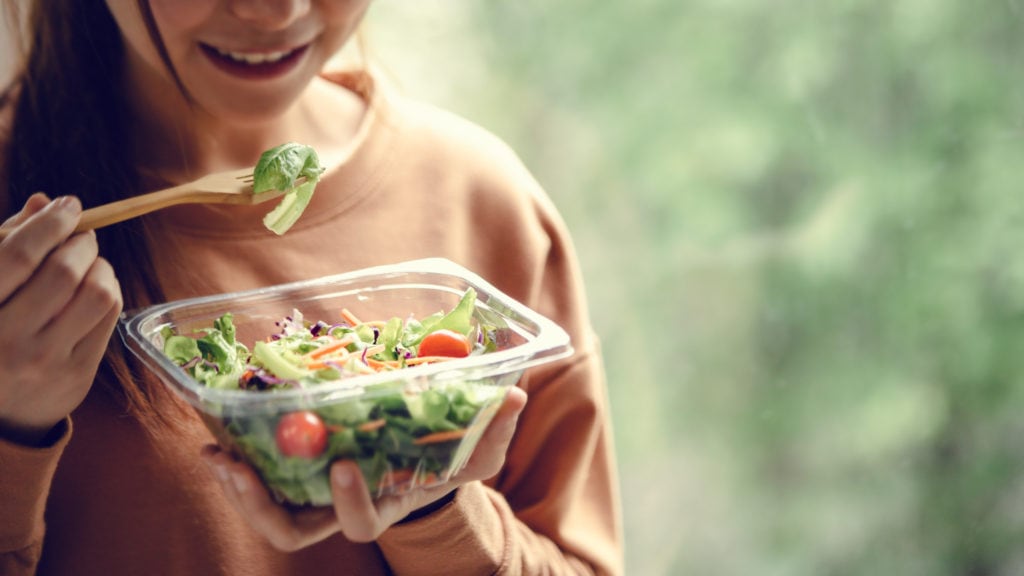Your well-being – Living simply including consuming simple foods and adopting simple habits – secrets to longevity?

My late father-in-laws and his late sisters all lived well beyond the age of 100 years old. I remember asking them what was the secrets?
My late father-in-Laws often said: “have boiled eggs, milk and porridge!”
Their family also had a simple cottage up in the rural Glen of Scotland with no electricity, which they visited and stayed for the whole summer. They ate simply and filled their daily lives whilst up there with a lot of outdoor activities.
Various studies also support the notion that simple living are amongst the strategies to live longer.
I most certainly agree with all of the above. I would also say that:
-
eating simple and less processed food is beneficial for the bodies, as by doing so we’d minimize the risk of diseases and benefit from the goodness of the unhindered nutrients in the food.
-
stay physically active would generate healthy minds, at whatever age.
-
eat plant-based food and lessen (or, better yet, absence from) meat consumption, decrease risk of contracting animal-derived diseases. Some research suggest that the risk of premature death and certain diseases increases with greater meat consumption.
-
watch your calories intake. Studies observe links between low calorie intake, and extended lifespan, and a lower likelihood of contracting heart disease.
-
spending more time doing what you love doing and be with your loved ones promote endorphins and happier minds.
-
think about the ‘what ifs’ a lot less.
-
smile a bit more.
-
try to make your meals pleasurable, even when you eat alone.
-
set the table for mealtimes, even if it is only for you.
-
invite friends along for a chat or coffee or meals (even if it involves cooking in advance or simple food offerings such as salad, crudites or a plate of bruschetta). We are after all in general gregarious in nature – we need the company of other human beings.
-
eat more colourful and bright veggies (such as bell peppers, broccoli, kale) and incorporate fruits daily (ideally, those that are rich in fiber, potassium, folic acid and antioxidants); preferably, five servings a day of fruit and vegetables.
-
try vegetarian diet every once and a while. Various studies conclude that vegetarian diet pays off in later adult life as it contributes towards low-calorie intakes therefore is helpful in minimizing the risks of developing heart disease, diabetes and cancer. There is no need to be a total vegan unless you wish to. Try to gradually introduce the vegetarian diet every fortnights and increase the frequency gradually. As with everything new, it is always hard at first. I have been a vegetarian for the last three years and I have never looked back!.
-
avoid over-eating; know when your stomach is full then … stop nibbling for more.
-
drink lots of water every day. Study shows that as we grow older we are less sensitive to thirst therefore we do not always sense the need for water. Most people need six to eight glasses each day (tea and coffee count towards the total).
-
take daily walks or engage in other exercise, but first consult your doctor for an appropriate exercise routine.
Written by:
Nila Gibb
Nila Yoga UK

This is my life style, I am in a happy place.